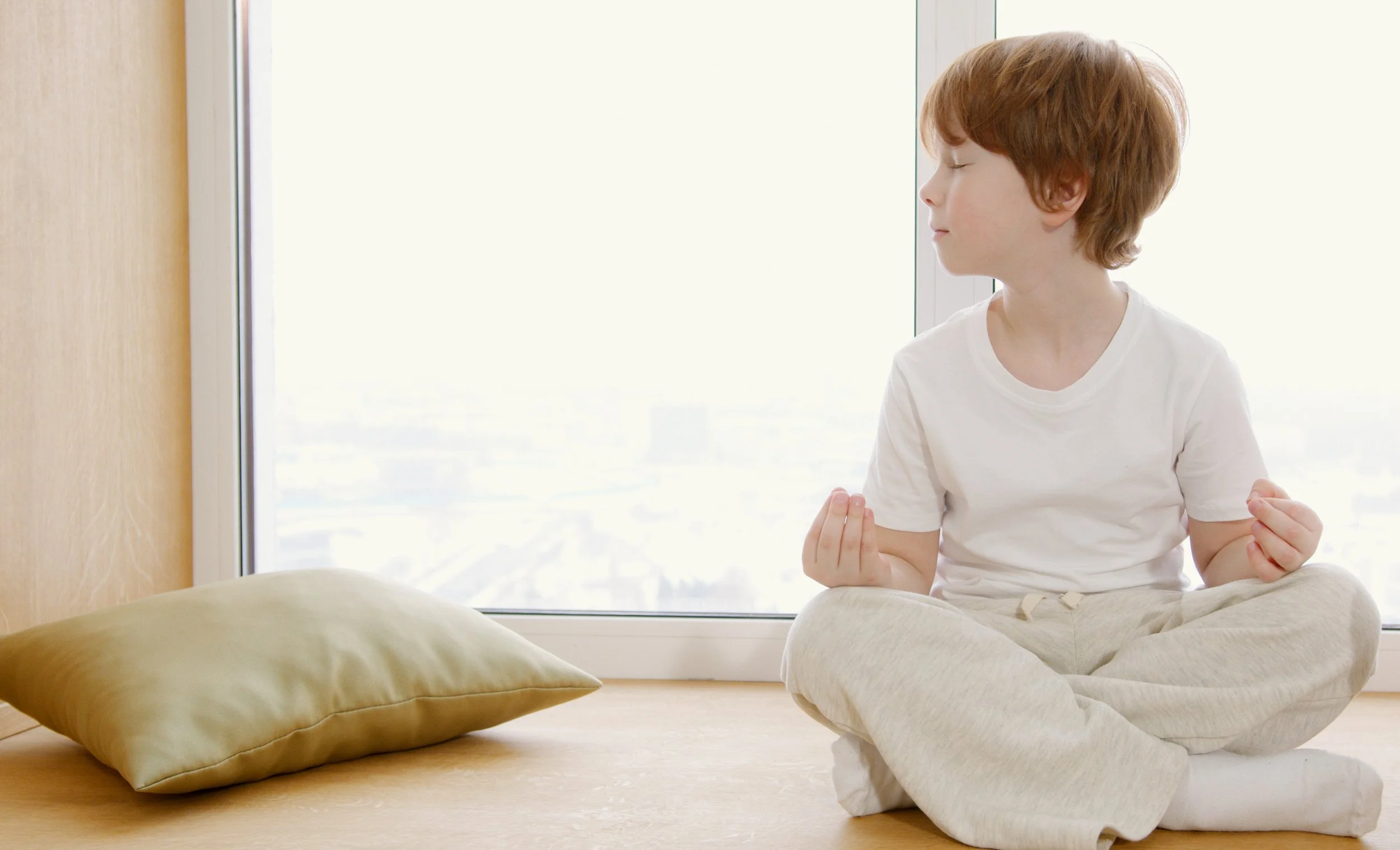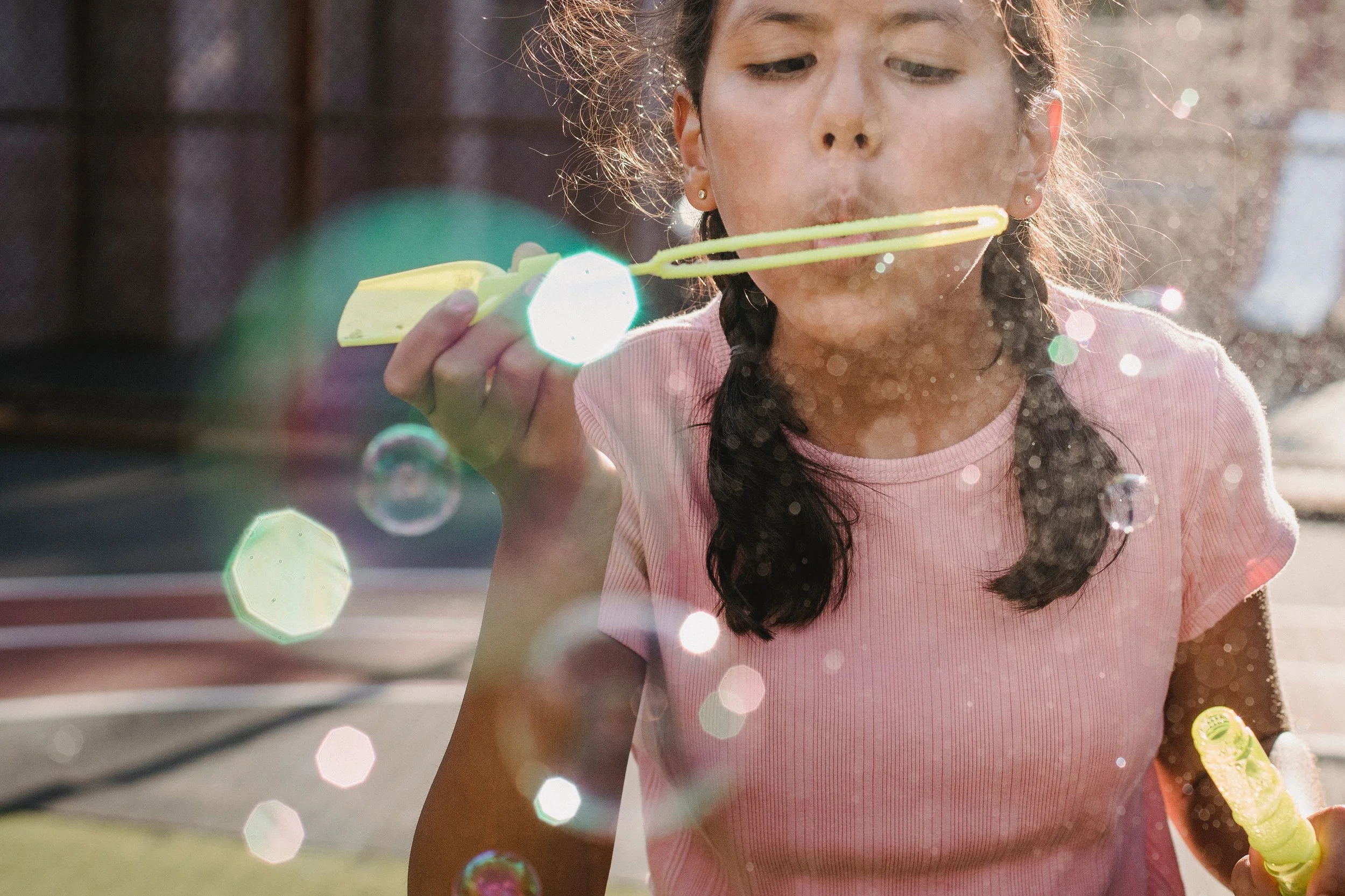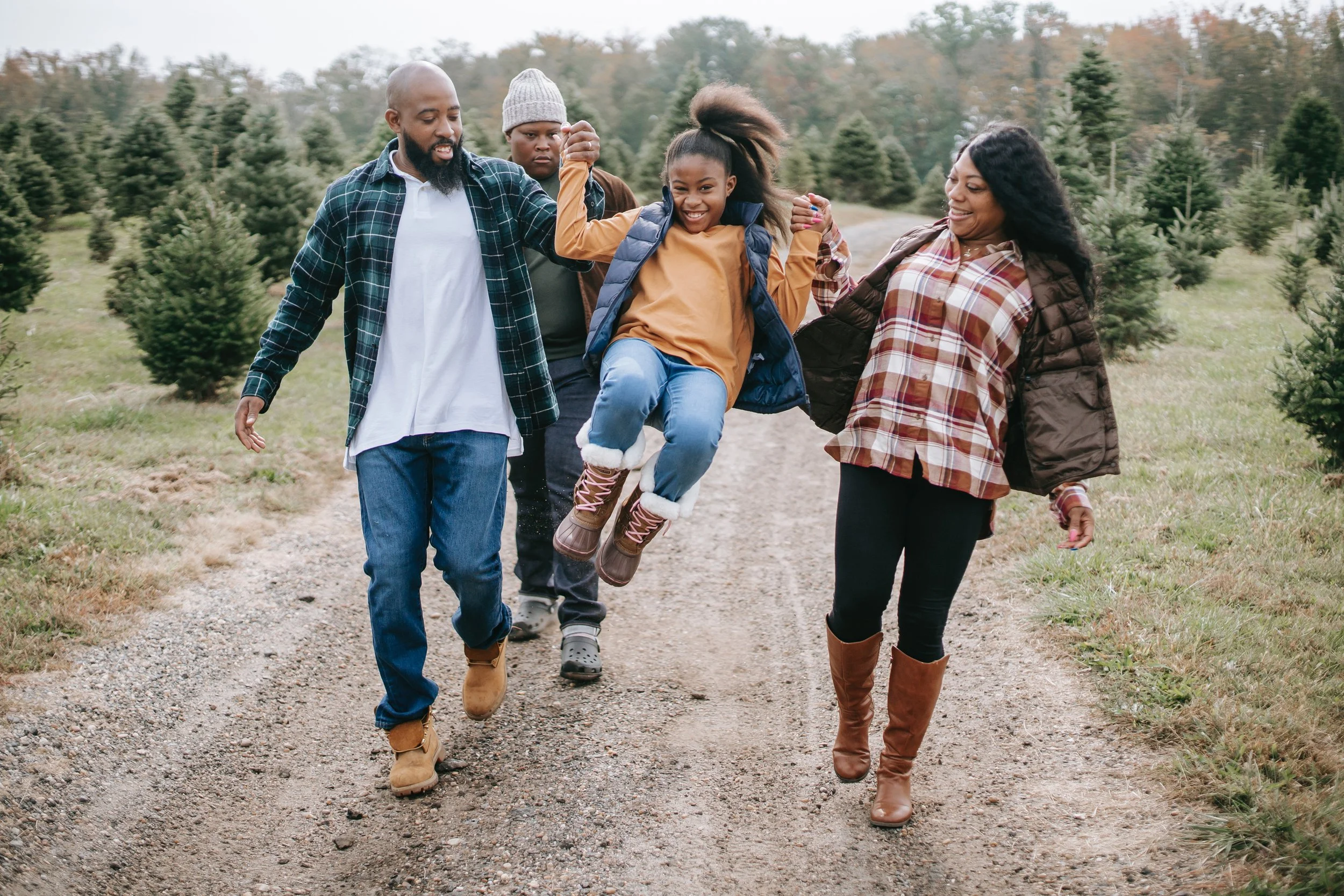At first glance, you wouldn’t think coping skills were a controversial subject. What’s not to like about deep belly breathing or guided relaxation? We’ve all been talking about these kinds of skills for ages. Maybe that’s why we’re seeing a bit of a coping skills backlash these days. Coping skills have become such a popular concept that it’s tempting to think they’re the answer to every mental health problem.
It’s true. When they’re used incorrectly, coping skills can be a little like putting a band-aid on a major wound. But most of us still use band-aids, right? They give us quick help and make our lives more comfortable. We’re not going to outlaw band-aids just because they’re not the right choice in every situation.
The truth is, many parents and kid clients come into my therapy office asking for coping skills to deal with anxiety, stress, and even trauma. I think they’re right to ask! Coping skills may not be The Answer to Everything, but they do work. Let’s talk about what makes coping skills effective for kids.
No, Deep Breathing Isn’t Going to Magically Solve All Your Problems.
If a child is dealing with anxiety so severe that they have stopped attending school, they’re going to need more than coping skills to get back to living their normal life. Similarly, a child can learn all the coping skills on earth and it won’t be sufficient if parents are constantly fighting at home. Big, long-term, or complicated problems need more than just a few coping skills to resolve. They need to be looked at holistically.
Sometimes we put a little too much responsibility on kids to solve issues that are much bigger than themselves. For kids dealing with mild anxiety or a sensitive, deeply feeling temperament, coping skills may be all they need to course correct. For bigger issues, coping skills may just be the first step in a longer therapy process that involves parents or caregivers, too.
But When Coping Skills Work, They Can Change a Child’s Life.
Yeah, this is kind of a big statement, but I stand by it! I believe coping skills can change a child’s life. I wish I’d had access to more coping skills back when I was an anxious kid.
When we give children coping skills, we give them a sense of control over their own lives. We provide the emotional first aid they need to get through the day, which buys us some time to address the root cause of theri anxiety. And often, coping skills open the door to deeper learning. By changing their behavior, children make new discoveries about their feelings and relationships.
Anxious Kids Need Help Right Away
Imagine you’re a kid who has been dealing with debilitating anxiety for a long time. You can’t sleep at night, and you spend the whole bus ride to school feeling sick to your stomach. You haven’t gone on a sleepover in ages because it’s too scary to be away from home, and you’re pretty sure you won’t be going on any of the big field trips coming up, either.
Your parents have been begging you to try therapy, and you finally work up the courage to give it a try. You sit in a strange lady’s office, who tells you that she can absolutely help you with your anxiety…in 3 to 6 months.
How would that feel? 3 to 6 months is eternity for a kid. But that’s often how long it takes for a child to complete therapy, and during that time they’ll probably need to put in some hard work and try some things that scare them.
Coping skills give kids some “quick wins” that help them feel better right away. It may not cure their anxiety, but it can make it a whole lot easier to tolerate. Experiencing this fast relief—and discovering the control they have over their emotional responses—can help motivate children to go the distance in therapy.
Coping Skills Help Kids Stabilize, So They Can Do the Deep Work
Not only do coping skills motivate kids to go deeper in therapy, they’re often a necessary first step. Kids dealing with severe anxiety or trauma spend a lot of their time in fight-or-flight mode. When you’ve got all that adrenaline coursing through your body, you’re focused on survival, not learning.
It’s really hard to effect big, lasting change when a child is too worked up to learn. Effective coping skills soothe the nervous system, so kids can calm themselves more easily and spend less time in fight-or-flight.
If your child is participating in trauma therapy, learning to self-soothe is critical. As children tell deeper and more difficult parts of their story, they may find their symptoms get worse before they get better. Revisiting their coping skills helps kids care for themselves and prevent overwhelm.
Effective Coping Skills Help Kids Discover Their Own Power
Many kids (and adults) enter therapy feeling powerless in the face of their anxiety. It’s bigger than them, it’s frightening, and it’s seemingly impossible to control. Anxiety feels like something that happens to them, and since they’re powerless to change it, they might as well just give in to its demands.
Coping skills show children that they have agency when it comes to their feelings. Sure, painful emotions are going to happen sometimes, that’s just life. But we get to decide how to respond to anxious thoughts, and there are ways to calm anxiety so it doesn’t take over your whole day. Returning that sense of control to children can change their whole outlook on how they handle anxiety and challenging situations in life.
Coping Skills Work by Healing From the Outside In
Before I went to therapy school, I went to theater school. I took a bunch of acting classes. There are two big schools of thought in acting: “inside out” and “outside in.”
If you imagine a stereotypical, old school actor asking “what’s my motivation?” you’ve got a basic sense of what inside out acting is all about. In this approach, actors create an inner emotional life for their character that helps them decide what to do onstage: how to talk, how to move, how to behave.
Outside in actors do things in reverse order. They might figure out their character’s walk, first. Maybe they figure out an interesting voice to use. Going through the physical motions helps them understand how the character might be feeling, and why.
Neither approach is wrong! Both actors are going to get to the same place in the end.
I promise there’s a reason I’ve devoted several paragraphs to this. Therapy is the same way. Coping skills may seem shallow at first, compared to “deep” work like understanding the origins of anxiety or changing family dynamics. But they work from the outside in. They help kids get to that deep work.
I’ve had many a kid client figure out solid coping skills and return to therapy in a couple weeks with important new insights about their lives. They come into session and make a connection between their worries and a specific family situation, or share something they’d like to change about how they relate to their friends. Changing your behavior disrupts old patterns and gives you space to discover something new.
When Are Coping Skills a Bad Idea?
Before you think I’m some shill who has been paid off by Big Coping Skills or whatever, let’s talk about some of the drawbacks. There’s no one size fits all in therapy. Coping skills aren’t going to work for everyone or serve kids well in every situation. Here are some examples of times that coping skills will not be effective:
When coping skills are used to avoid anxious situations forever, rather than gradually facing your fear
When a child uses coping skills to push down or deny “bad” feelings in an attempt to “stay positive”
When coping skills are used as a substitute for support from parents, caregivers, or other adults
When a child doesn’t see anyone else modeling how to cope with feelings effectively
Coping skills aren’t a substitute for feeling your feelings. They don’t work very well in isolation, either: kids still need support from the adults in their lives to overcome worries and change family patterns that might accidentally contribute to anxiety. If they’re not used thoughtfully, coping skills can easily morph into an unhelpful form of toxic positivity.
Effective Coping Skills for Tweens
Coping skills work for kids of all ages. However, in my therapy practice I mostly work with tween-aged kids, roughly ages 8-13. Since these are the kids I see day in and day out, they’re the ones I feel most equipped to help when it comes to coping skills.
You couldn’t pay me enough to go back to middle school. The tween years can be really rough. Studies show that when kids tranistion to 6th grade, their grades dip and don’t fully rebound until they begin high school. Friend drama, relationship woes, academic pressure, and puberty all start during middle school, but most of the privileges and freedoms that come with growing up don’t arrive until later. Tweens get all of the angst, and not much of the fun.
The good news is tweens are at the perfect age for coping skills. Cognitively, they’re leaps and bounds ahead of where they were in elementary school. They’re ready for challenging stuff. But socially, they’re right at the beginning of the “big kid” years. There’s still so much in front of them. Learning coping skills in middle school sets kids up for success as they manage stress and drama in the years to come.
If you have a tween who would like to learn coping skills, you’ve come to the right place! My course, Worry-Free Tweens, was created just for them. It’s available online and on demand, so your child can complete the lessons at their own pace. Since we know coping skills work best when parents are involved, you’ll find plenty of information for yourself, too.
You can check out the course here.





